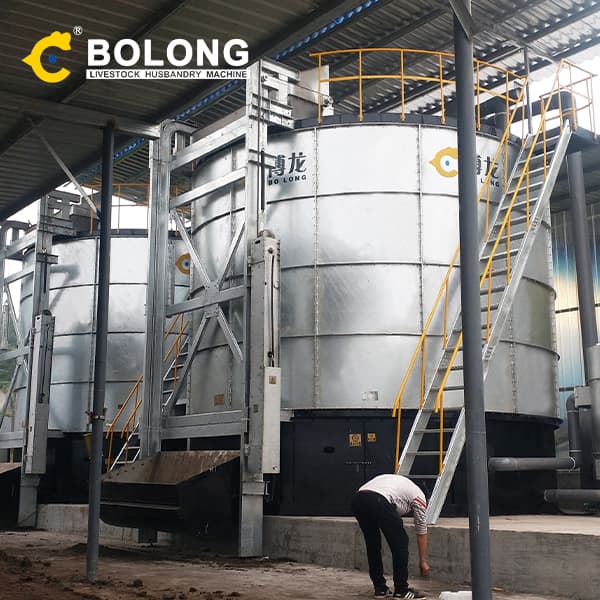
From sedation and needle aspiration to post-procedure care, here we provide a clear outline of the process and how it fits into your larger IVF journey. Learn about the factors that can affect your outcome, and enter your retrieval day informed and ready.
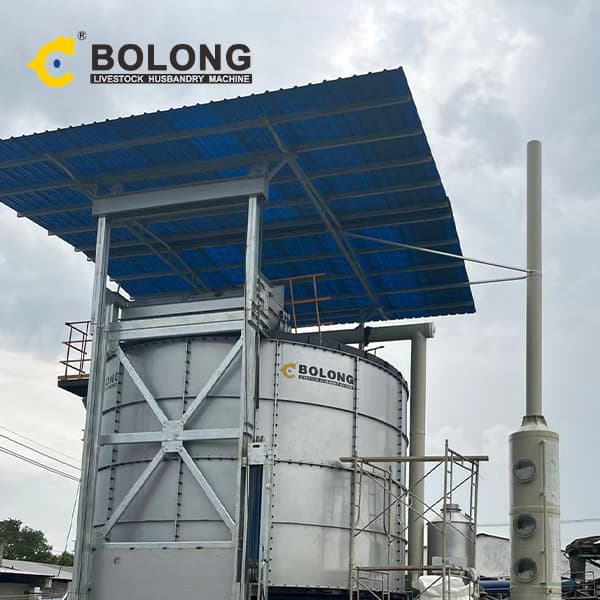
Apr 21, 2020 · Choose lean proteins, like fish and poultry. Eat whole grains, like quinoa, farro, and whole grain pasta. Add in legumes, including beans, chickpeas, and lentils. Switch to low-fat dairy products

Mar 15, 2017 · The egg retrieval. Using an ultrasound guide, the doctor will identify your ovaries, which will be adorned with clusters of tiny egg follicles. The doctor will gently insert a thin needle attached to a catheter through the vaginal wall and draw out the eggs, one by one, from the follicles using light suction.
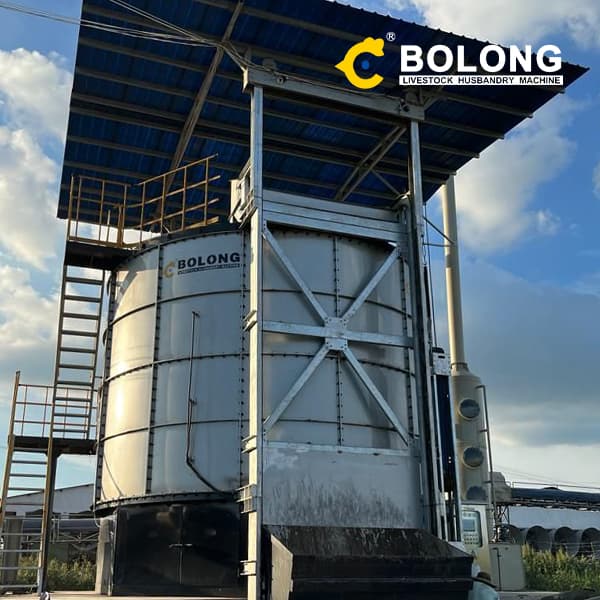
Mar 28, 2022 · Your doctor inserts a needle into your vagina. Then the needle goes into your ovary to draw out the mature eggs. At this point the lab stores your eggs as per your needs. If you are an egg donor, the lab will freeze your eggs or prepare them for fertilization. For IVF the lab will proceed with fertilizing your viable eggs.
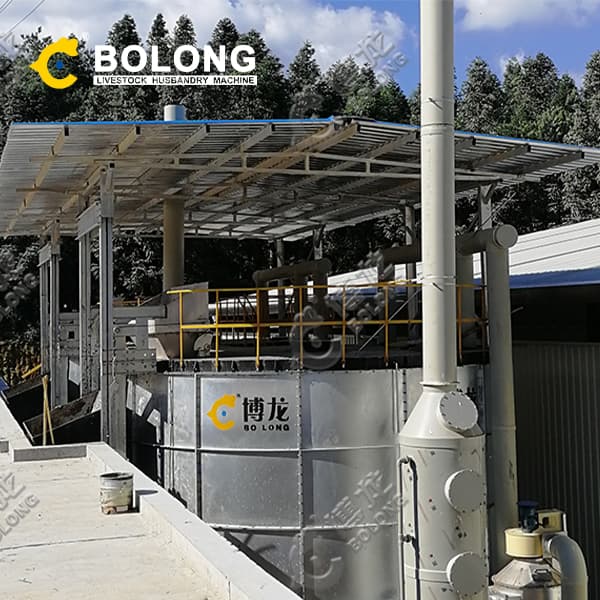
Avoid endocrine disruptors – Minimizing your exposure to environmental chemicals that are known to be endocrine disruptors is also very important as you work towards a successful egg retrieval. Endocrine disruptors—found in plastics, makeup, ATM receipts, pesticides, food, detergent, toys, and just about everywhere—have a negative impact
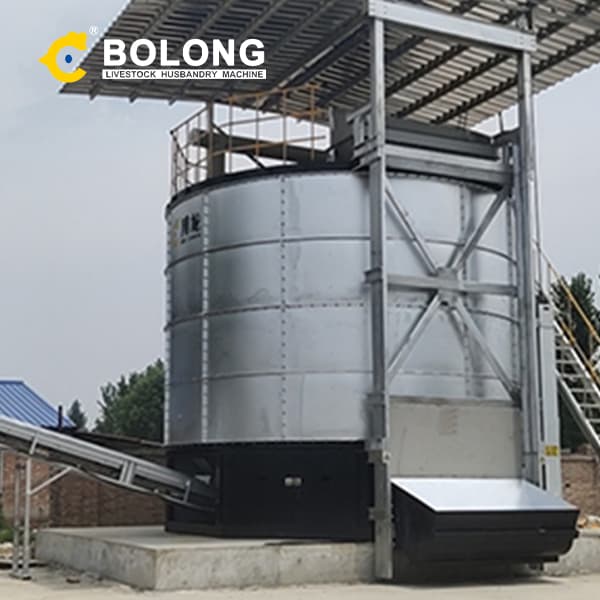
Jun 20, 2023 · Drink plenty of water to stay well-hydrated before and after the procedure. This can help optimize egg quality and make retrieval more manageable. 4. Adjust your activities. Your doctor may advise you to avoid vigorous exercise, heavy lifting, and sexual intercourse in the days leading up to the procedure. 5.

Oct 3, 2023 · It manages inventory, tracks items, and optimizes the retrieval process, ensuring accuracy and efficiency. Benefits of AS/RS. 1. Increased efficiency: AS/RS significantly reduces human intervention in the warehousing process, leading to faster and more precise operations. Automated systems can work around the clock, minimizing downtime and

Mar 9, 2023 · Once your follicles have grown to their maturity (ideally around 20mm in size), you will be told to take your trigger injection (containing hCG), which prompts your body to ovulate. Approximately 36 hours after your trigger shot, you will have your egg retrieval.

Preparing for Egg Retrieval: Egg retrieval is a surgical procedure done to remove the eggs from a woman’s ovaries undergoing Egg Freezing or Invitro Fertilization (IVF). Hormone stimulating injections are given to the woman 2-4 days after a woman’s natural menstrual cycle and taken for about 10 to 12 days. The amount of medication and the
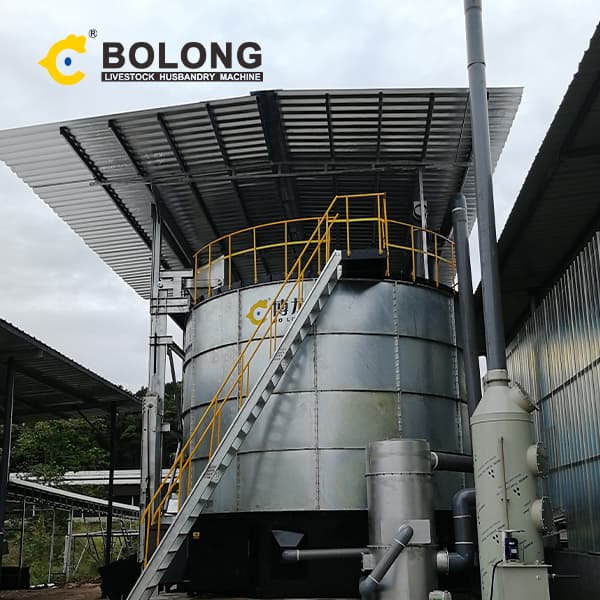
Mar 4, 2022 · An egg retrieval is a surgical procedure done to remove the egg (s) from a woman’s ovaries undergoing Egg Freezing or In Vitro Fertilization (IVF). Surgery is a big and scary word, but the procedure is done in a minimally invasive way, meaning it usually has no scars, stitches, and a short recovery time.

May 27, 2024 · IVF is the procedure of extracting eggs from the ovaries, fertilizing them in a laboratory with sperm, and then transferring the embryos into the uterus. The IVF egg retrieval process is a prominent first step in this treatment for your journey towards pregnancy. The egg retrieval cost is included in the overall treatment cost of IVF.

Jun 6, 2021 · CoQ10 200mg BID. DHEA 25mg TID. Melatonin: 3mg at night. Vitamin C: 500mg daily. L-Arginine: 1000mg By Mouth Twice a Day. Vitamin E: 180mg or 400IUs By Mouth Once a Day (Nature Made and Sundown Natural both make these at this dose) Vitamin D: 1 capsule + 6 drops at night. I am also taking birth control which I started BEFORE the ovarian

May 14, 2023 · After the egg retrieval procedure, take the time to rest and recover at home for at least 24 hours. Avoid any strenuous activities such as lifting heavy objects, exercising, or having sexual intercourse. Restricting your movements is essential to avoid straining your body and minimizing the risk of complications.
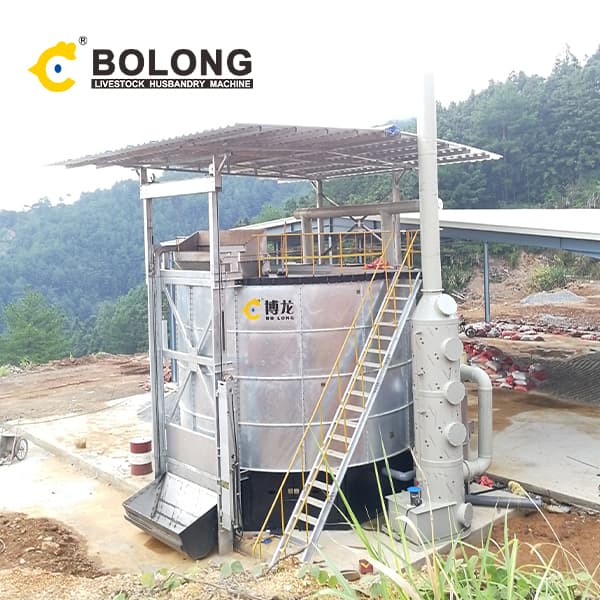
Egg retrieval is essential in the in-vitro fertilization IVF process. During retrieval, a doctor will use a needle to remove eggs from the woman’s ovaries. These eggs are then fertilized with sperm in a lab setting, and the resulting embryos are implanted in the woman’s uterus. Egg retrieval is a critical step in IVF because it allows for